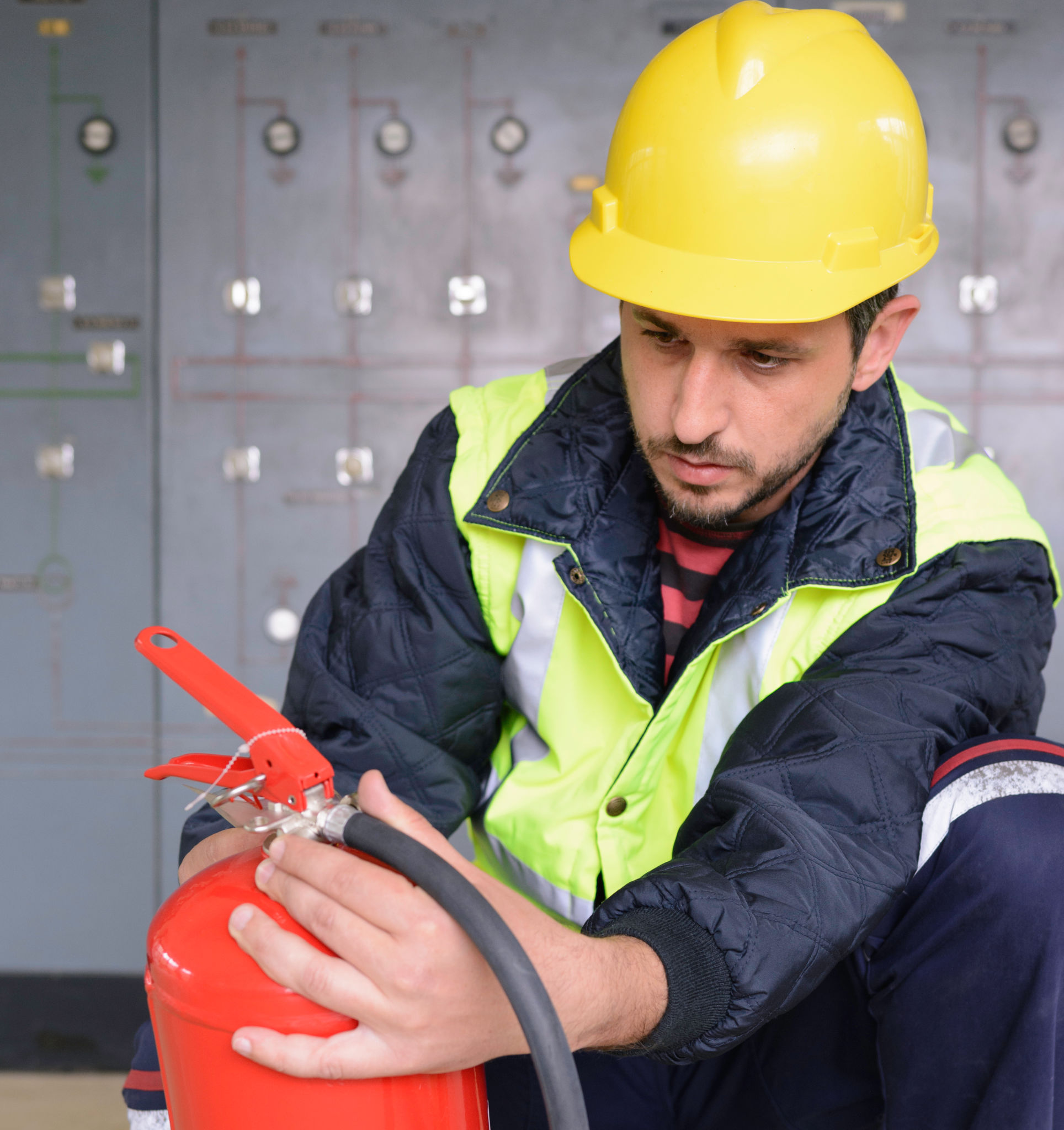Understanding UK Fire Safety Regulations: What Businesses Need to Know
Introduction to UK Fire Safety Regulations
Fire safety is a critical aspect of business operations in the UK, with regulations designed to protect both employees and customers. Understanding these regulations is essential for business owners to ensure compliance and safety. In this post, we will explore the key elements of UK fire safety regulations and what businesses need to know to stay compliant.

The Regulatory Reform (Fire Safety) Order 2005
The cornerstone of fire safety regulations in the UK is the Regulatory Reform (Fire Safety) Order 2005, often referred to as the Fire Safety Order. This legislation applies to all non-domestic premises in England and Wales, including the common parts of multi-occupied residential buildings. It places the responsibility for fire safety firmly on the shoulders of business owners and occupiers.
Under the Fire Safety Order, businesses must conduct a fire risk assessment and implement appropriate fire safety measures. This includes identifying potential fire hazards, ensuring proper fire detection and alarm systems, and training staff on emergency procedures.
Conducting a Fire Risk Assessment
A fire risk assessment is a systematic evaluation of the premises to identify fire hazards and assess the risk they pose to people. It is a legal requirement for all businesses and should be reviewed regularly to ensure its effectiveness. The assessment involves:
- Identifying potential fire hazards
- Determining who might be at risk
- Evaluating the risks and deciding on precautions
- Recording findings and implementing them
- Reviewing and updating the assessment periodically

Fire Safety Equipment and Maintenance
Once potential risks are identified, businesses must ensure they have adequate fire safety equipment in place. This includes smoke detectors, fire alarms, extinguishers, and emergency lighting. It is crucial that this equipment is regularly maintained and tested to ensure its functionality in an emergency.
Additionally, clearly marked fire exits and escape routes should be maintained free of obstructions at all times. Regular drills should be conducted to ensure staff are familiar with evacuation procedures.
Staff Training and Awareness
Effective fire safety relies heavily on staff awareness and preparedness. Businesses are required to provide appropriate training for staff members, ensuring they understand their roles and responsibilities in the event of a fire. This training should cover evacuation procedures, the use of firefighting equipment, and how to raise the alarm.

Additional Considerations for Compliance
In addition to the basics outlined above, businesses should be aware of sector-specific regulations that may apply to their operations. For example, industries such as hospitality or manufacturing may have additional requirements due to the nature of their work environments.
Keeping up-to-date with any changes in legislation is also important. Engaging with professional fire safety consultants can help ensure compliance and provide peace of mind.
Conclusion: Prioritizing Fire Safety
Understanding and implementing UK fire safety regulations is not just a legal obligation but a crucial component in protecting lives and property. By conducting thorough risk assessments, maintaining equipment, training staff, and staying informed about regulatory changes, businesses can create a safer environment for everyone involved. Prioritizing fire safety is an investment in the wellbeing of employees, customers, and the business itself.
